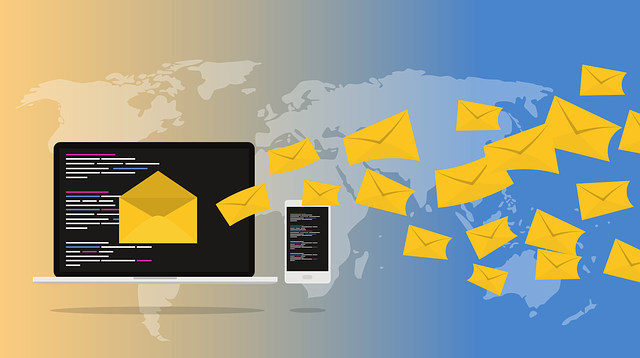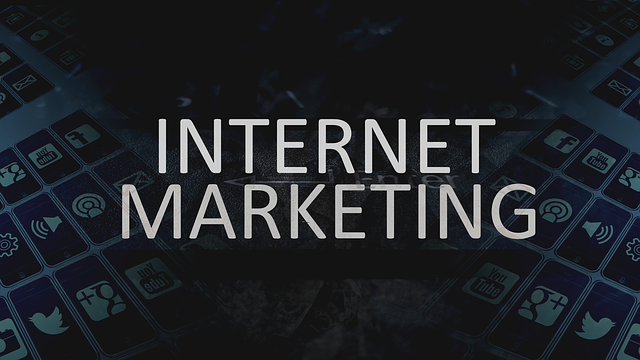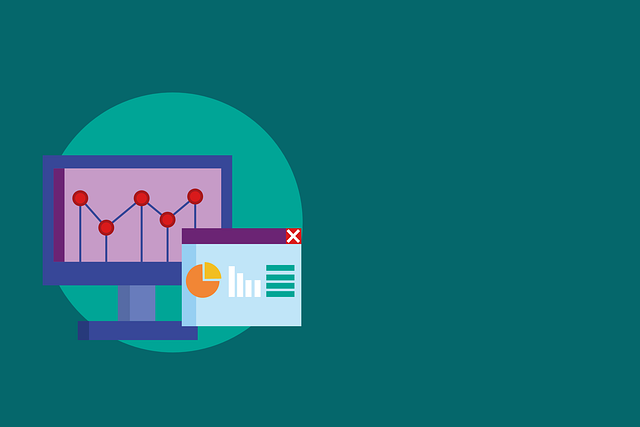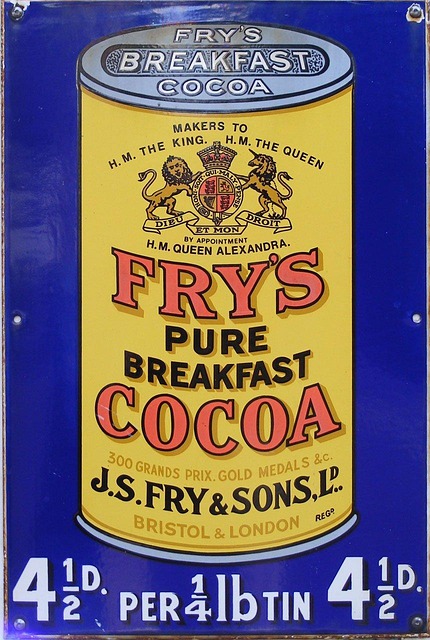In today's digital era, an AI workflow for marketing campaigns automates tasks, personalizes content at scale, and analyzes user behaviors, offering seamless coordination across channels. This enhances productivity, fosters customer connections, and drives higher conversion rates in ecommerce. By leveraging machine learning, chatbots, and advanced analytics, marketers gain insights to create dynamic, targeted campaigns with improved ROI.
In today’s digital landscape, a cohesive AI workflow is essential for successful marketing campaigns. This article delves into the critical need for artificial intelligence integration within marketing strategies, exploring how it can revolutionize communication across various channels. We’ll define seamless marketing channels, outline a structured AI workflow design, and discuss implementing powerful tools. Additionally, we’ll highlight key performance indicators to measure the success of these integrated campaigns, ensuring your marketing efforts stay ahead in the AI-driven world.
- Understanding the Need for AI Integration
- Defining Seamless Marketing Channels
- Designing an Efficient AI Workflow
- Implementing AI Tools and Technologies
- Measuring Success: Key Performance Indicators
Understanding the Need for AI Integration

In today’s digital era, marketing campaigns have become increasingly complex, spanning multiple channels and requiring seamless coordination to achieve maximum impact. Traditional methods often fall short in managing this complexity effectively. This is where an AI workflow for marketing campaigns becomes indispensable. By integrating artificial intelligence into marketing strategies, businesses can streamline operations, enhance efficiency, and elevate customer experiences. AI automation offers a powerful solution by enabling automated tasks across various platforms, from social media to email marketing and e-commerce.
This shift towards AI automation in marketing is driven by the need for precision, speed, and personalization. E-commerce AI, for instance, can analyze vast amounts of consumer data to predict preferences and tailor content accordingly. An AI automation agency specializing in these solutions can help brands create dynamic, responsive campaigns that adapt to individual user behaviors. As a result, businesses gain a competitive edge by delivering targeted messages across multiple channels, ensuring consistent branding while optimizing resources and maximizing return on investment.
Defining Seamless Marketing Channels

In the dynamic landscape of modern marketing, seamless marketing channels are defined by effortless integrations and unified user experiences across diverse platforms. An AI workflow for marketing campaigns plays a pivotal role in achieving this goal. By leveraging artificial intelligence, marketers can automate routine tasks, personalize interactions, and gain valuable insights into customer behaviors, thereby creating a cohesive narrative that resonates with target audiences.
This transformative power is particularly evident in the context of ecommerce ai, where intelligent systems enhance sales processes through personalized product recommendations and proactive customer support. AI-driven sales chatbots, for instance, can engage prospects, answer queries, and even close deals, effectively complementing human agents and boosting overall sales performance. Such innovations not only streamline marketing operations but also foster stronger connections with customers, leading to increased engagement and higher conversion rates.
Designing an Efficient AI Workflow

Designing an efficient AI workflow for marketing campaigns is a strategic process that involves integrating various artificial intelligence technologies to streamline operations and enhance productivity. The first step is identifying key areas within the marketing funnel where AI can make a significant impact, such as customer segmentation, lead generation, and personalized content creation. By leveraging machine learning algorithms, marketers can analyze vast amounts of data to understand consumer behavior better, resulting in more targeted and effective campaigns.
One promising application is chatbot marketing, where intelligent chatbots engage with customers, providing instant support and gathering valuable insights. This not only improves customer satisfaction but also allows for real-time data collection, enabling marketers to refine their strategies on the fly. A seamless AI workflow ensures that these processes are automated, allowing teams to focus on creative aspects rather than administrative tasks.
Implementing AI Tools and Technologies

Implementing AI tools and technologies is a pivotal step in creating an efficient ai workflow for marketing campaigns. These advanced systems can automate repetitive tasks, enabling marketers to focus on creative strategies. By integrating AI into the marketing mix, businesses gain valuable insights from data analysis, allowing them to personalize content and target specific audiences with precision.
For instance, AI-driven automation can streamline email marketing by segmenting customers based on their interactions and preferences. This level of customization enhances customer engagement, leading to increased conversions in ecommerce automation. Moreover, natural language processing (NLP) chatbots provide 24/7 customer support, improving overall user experience.
Measuring Success: Key Performance Indicators

Measuring success is a critical aspect of any marketing campaign, especially when leveraging an AI workflow for marketing channels. Key Performance Indicators (KPIs) provide insights into the effectiveness and efficiency of your strategies. For an AI-driven marketing approach, KPIs could include click-through rates (CTRs), conversion rates, and customer acquisition costs. By tracking these metrics, you can gauge how well your campaign is performing and identify areas for optimization.
Chatbots, as part of an AI funnel, play a significant role in data collection and analysis. They can interact with customers, gather feedback, and provide real-time insights into user behavior. This data is invaluable for refining marketing strategies and personalizing customer experiences. With the help of advanced analytics, you can ensure that your AI workflow not only connects marketing channels seamlessly but also drives measurable results.
An effective AI workflow for marketing campaigns begins with recognizing the need for integration, defining clear channel connections, and designing efficient processes. By implementing suitable AI tools and technologies, marketers can streamline operations, enhance targeting, and personalize content. Measuring success through key performance indicators (KPIs) ensures adjustments for continuous optimization. Embracing these steps fosters seamless marketing channel integration, leading to better campaign outcomes in today’s digital landscape.
